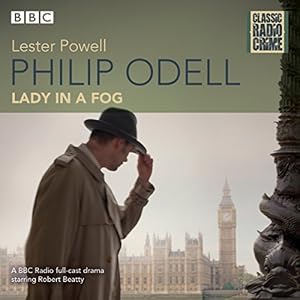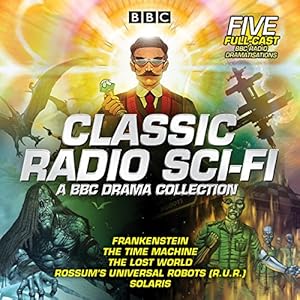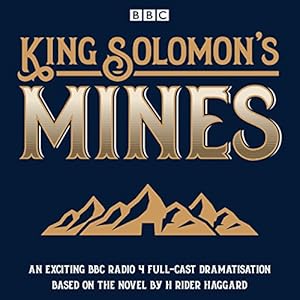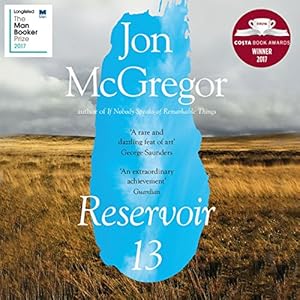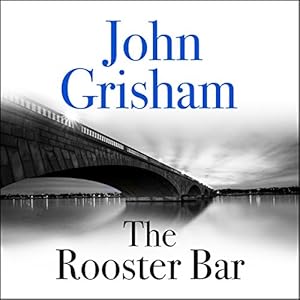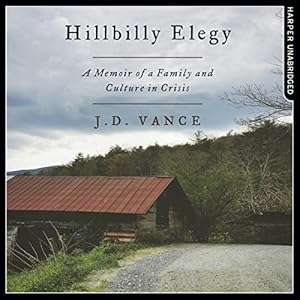read by Thomas Harding
The death of author Allan Chappelow in Hampstead in 2006 was
widely covered in the press and on television, as was the trial of Wang Yam,
jailed in 2009 for his murder.
The eccentricity of the reclusive Chappelow, who
had lived in the house in Downshire Hill where his body was found all his life,
makes for compulsive reading. At the time of his death, Chappelow’s house was
in almost total disrepair, with a collapsed roof, a kitchen that hadn’t been
used for years and once elegant rooms filled with broken furniture, rubble,
books and (literally) tons of paper. In one room, a tree was growing through
the floorboards.
Chappelow’s body was not discovered by the police for four
days after they had let themselves into his house, smothered as he was in what
must have been page proofs of his several books. The police had called at his
address to investigate what was probably identity fraud when his bank alerted
them that someone was trying to transfer money from one of his bank accounts.
He had clearly been bludgeoned to death and an attempt had
been made to burn his body. The police eventually arrested a Chinese ‘dissident’,
Wang Yam, who had been granted asylum in the early 1990s and had led a troubled
life in England. Yam was clearly implicated in some elements of fraud (he
appears to have sold mortgages to members of the Asian community, bounced
cheques and before his arrest posed as a wealthy property owner being shown around
multimillion-pound properties in North London). But there was no unambiguous evidence
linking him to the murder, and he protested his innocence from the very start.
What makes the case and Harding’s book so fascinating and
frustrating at the same time is the suggestion of Yam’s involvement with
Britain’s secret services. Much of the trial at the Old Bailey was held in
camera, unheard of in murder trials in western democracies. Harding received a warning
in writing from the Ministry of Justice’s [sic] litigation department stating that they
wished to draw the author’s attention to the ‘gagging order’ which had the
effect of preventing publication of anything heard in court in camera and that
breach of the order would be punishable by imprisonment.
There is a website to accompany the book (www.bloodonthepage.com)
which contains more ‘speculation’ than Harding (and his lawyers) allowed to appear
in the book, most of it from the Daily
Mail, the Mirror, Camden New Journal, the Guardian and The Times. It is ridiculous that even to infer anything from the
facts of the secrecy surrounding the trial would be judged contempt of court.
So much for freedom of speech.
It is clear, nevertheless, that there is very little in the
public domain apart from circumstantial evidence that Yam killed Allan
Chappelow. His rights of appeal have been summarily rejected. He will spend the
rest of his sentence in prison. The author has not been allowed to visit him,
but during the writing of the book he was in communication by phone. Yam’s state
of mind is, according to Harding, crushed by events. And prisons, as we know,
are not safe places. It is quite possible his life is in danger from either
Chinese gangs (Yam kept saying that it was they who were behind the identity
theft) or the authorities. Under the circumstances, don’t be surprised to read
of his death before he becomes eligible for parole.
The book is arranged, like most true crime books,
chronologically, in terms of the discovery of the crime and its early
investigation and then the life stories of the victim and the prime suspect.
There are also sections entitled ‘Case Notes’ in which the author charts the
progress of his own investigation: his interviews with relatives of the victim,
with police and counsel and with people who knew something of Wang Yam’s life.
He also documents his phone calls with Yam. The style is journalistic: the
story has its own momentum. Another commentator has noted the author’s fondness
for splitting infinitives. His reading style is not that of a professional
narrator: but one somehow always gains insights when an author reads his own words.
If you like true crime, then this will not disappoint. ‘Unputdownable’
is overused praise in the book trade, but in the case of Blood on the Page, I think it fits the bill.
* * * * *
© copyright 2018
AudioBooksReview. All rights reserved.
Buy Blood on the Page


